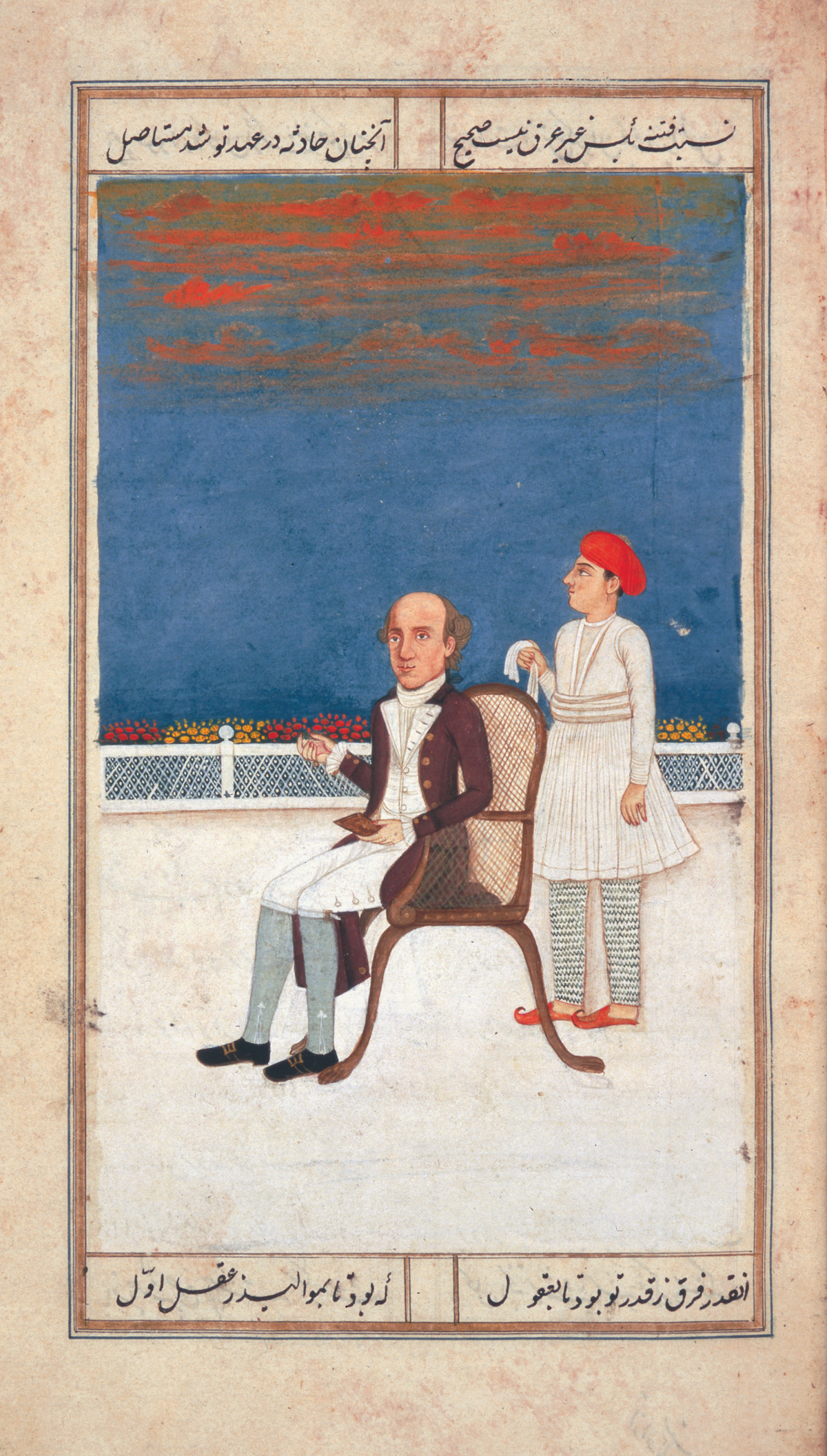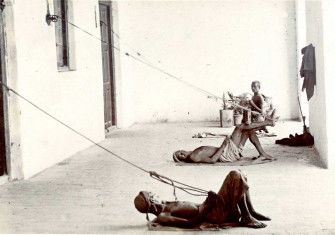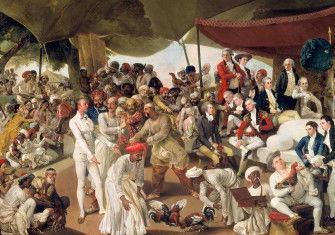Rehabilitating the East India Company’s Nabobs
The nabobs of the East India Company were considered violent, greedy and – worst of all in a time of Enlightenment – uneducated. Could their reputation as philistines be laundered?

Anabob, Town and Country Magazine reminded its readers in 1771, ‘is a person who in the East-India Company’s service has by art, fraud, cruelty, and imposition obtained the fortune of an Asiatic prince and returned to England to display his folly and vanity and ambition’. Yet if the nabob’s bad deeds and bad morals made him reprehensible, then so too did his ignorance and philistinism: he was a ‘bad … scholar’ who, for all his pretensions, possessed but ‘a common education’ and a ‘confined’ and defective knowledge.







